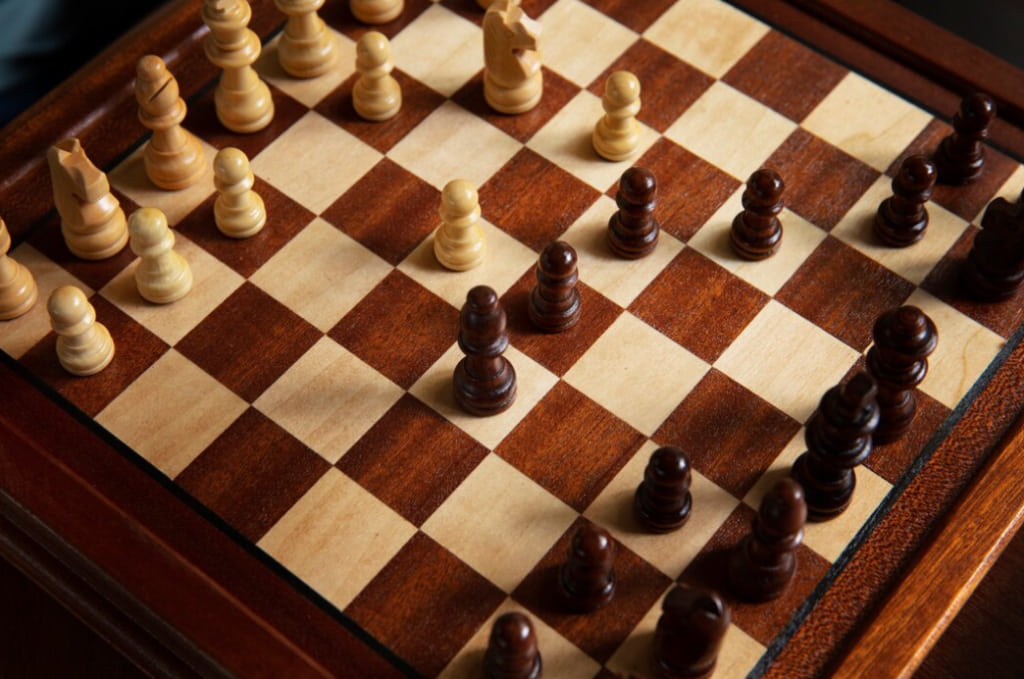Renowned Indian chess grandmaster Viswanathan Anand, often addressed as “Vishy” Anand, holds a significant place in global chess circles. He is celebrated as one of the greatest chess talents of his time. Part of this recognition undeniably stems from his formidable intelligence.
While the exact IQ score of Viswanathan Anand remains undisclosed and largely unreported, an informal formula used by chess enthusiasts calculates his IQ to be 187, based on his Chess Elo of 2754. When considering the peak of his career Elo at 2817, the inferred IQ is 191.
Dive deeper into the fascinating intellect of this Indian chess prodigy in the sections that follow!
What Sets Viswanathan Anand Apart?
Viswanathan Anand stands among the legendary figures in the world of chess. Earning the prestigious title of Grandmaster at an impressively young age, Anand has consistently demonstrated excellence at the pinnacle of the game. His prowess has led him to clinch the World Chess Championship title, proving his mettle in various formats, including traditional and rapid chess.
Despite the test of time, Anand’s dedication and skill remain undiminished. Even in his later years, he upheld an impressive Elo rating, showcasing his unwavering competitive spirit. Beyond the 64 squares, Anand is celebrated for his razor-sharp intelligence, deep analytical insights, and rapid computation abilities.
A telling testament to his prodigious intellect occurred during a visit to an Indian school. Here, Anand took on the challenge of playing simultaneous chess matches against 100 tenth-grade students. With just a fleeting look at each board, he swiftly made his moves, besting all contenders in under four hours.
Viswanathan Anand’s FIDE Rating and Legacy in Chess

As of September 2023, the FIDE records Viswanathan Anand’s rating at 2754. While this is a noteworthy score, it doesn’t capture the zenith of his career. Anand marked a significant achievement with a peak Elo rating of 2817 in 2011, underscoring his exceptional skill in chess. It’s remarkable to highlight that sustaining a rating over 2800 is a distinction shared by only a handful in the chess world.
A pivotal moment in Anand’s illustrious journey occurred in April 2006 when he joined the exclusive 2800 Elo club on the FIDE rating list, becoming its fourth member. This feat aligned him with chess titans like Vladimir Kramnik, Veselin Topalov, and Garry Kasparov, who had already touched or surpassed this eminent rating mark.
Joining the ranks of the 2800 club wasn’t just about numbers for Anand. It epitomized his unwavering excellence in chess, profound game knowledge, and prowess to outmaneuver top-tier opponents globally. This accomplishment further entrenched his status as a chess luminary and a fervent promoter of the game.
Though his rating has seen ebbs and flows, Viswanathan Anand’s standing as a chess maestro and a universal proponent of the game remains unshaken. His stellar career serves as a beacon of inspiration to chess aficionados across the globe, celebrating the timeless genius of a true chess virtuoso.
Further Reading: Magnus Carlsen’s Intelligence Quotient (IQ)
How is a Chess Player’s IQ Estimated from Their ELO Rating?
The correlation between chess expertise and intelligence often piques the curiosity of the chess community. The prevalent notion is that chess enthusiasts tend to possess higher intellectual capacities than the average individual.
Given that many players choose not to reveal their actual IQ, the chess community devised a method to gauge an approximate IQ value based on a player’s ELO rating.
Here’s the formulated equation:
- Estimated IQ = 100 + 0.06 x (ELO – 1300)
Let’s break down the elements of this formula:
- Estimated IQ: The outcome of the formula, which provides a rough estimate of a chess player’s intelligence quotient;
- Base IQ (100): This value acts as the foundational score, mirroring the average IQ in the broader populace. Conventionally, IQ tests designate 100 as the mean score, deviating by 15 points for each standard deviation;
- Multiplier (0.06): A consistent factor incorporated to calibrate the relationship between ELO and potential IQ;
- ELO Rating: A metric signifying a chess player’s expertise, it contrasts their prowess to their contemporaries. By subtracting a benchmark figure of 1300, the formula contextualizes the rating.
Using the formula for a player like Vishy, the calculation is:
- IQ = 100 + 0.06 x (2754 – 1300);
- This results in an IQ estimate of 187.24.
However, it’s pivotal to remember that this formula is a fun, unofficial tool that merely aligns a player’s chess skill (via Elo) with an estimated IQ. Its foundation on a variable metric like ELO makes it susceptible to inconsistencies.
Critically, it’s not endorsed by psychological or academic communities due to its lack of scientific validation. Thus, its precision in pinpointing an individual’s true IQ remains debatable.

Is Chess Linked to IQ Improvement?
Engaging in chess doesn’t directly elevate IQ. Though chess hones specific cognitive faculties, it’s essential to recognize that IQ gauges a broad spectrum of intellectual capabilities. This encompasses verbal understanding, mathematical prowess, analytical reasoning, recall, and other facets.
Chess predominantly sharpens skills like strategic planning, discerning patterns, and tackling challenges. Therefore, it doesn’t span the entirety of aspects assessed in an IQ evaluation.
While many grandmasters exhibit superior intelligence and robust cognitive function, their expertise is rooted in their profound knowledge, unwavering commitment, and extensive exposure to the sport. Hence, although IQ reflects their cognitive prowess, it doesn’t encapsulate the magnitude of their strategic acumen.
Conclsuion
In the illustrious saga of chess, the remarkable odyssey of Viswanathan Anand shines, symbolizing prowess, commitment, and relentless zeal. Holding five World Chess Championship crowns and leaving an indelible mark over the years, he epitomizes the finesse and elegance of the game. While his IQ remains undisclosed, it’s clear that it’s just one of many facets that have propelled him to his eminent stature. You might be interested in how long to get good at chess.